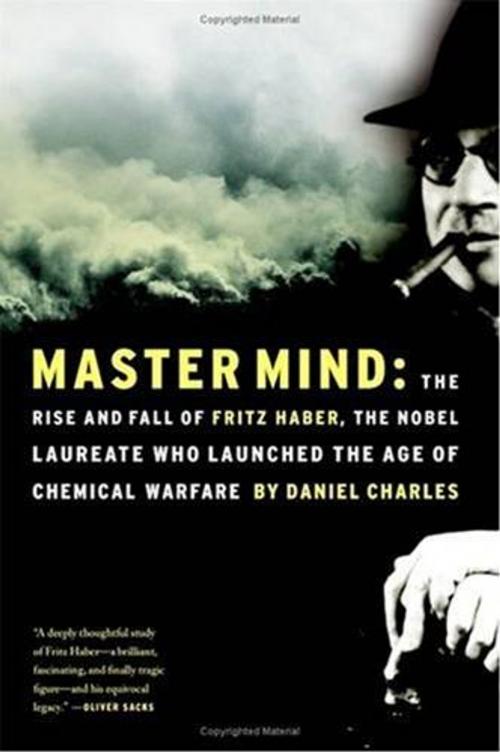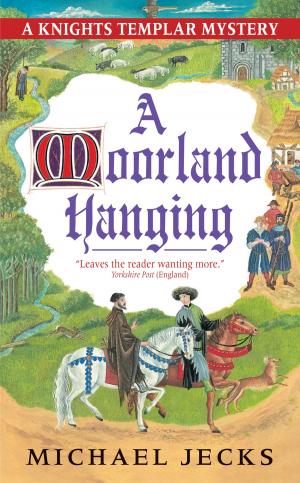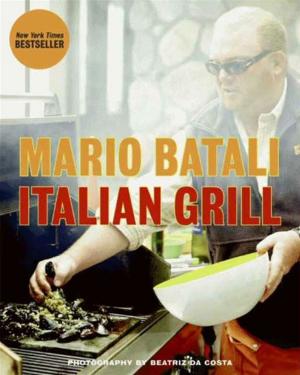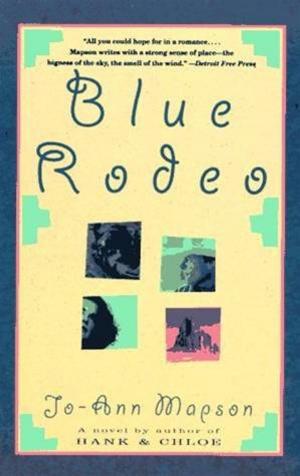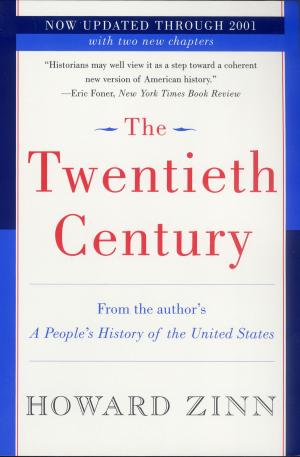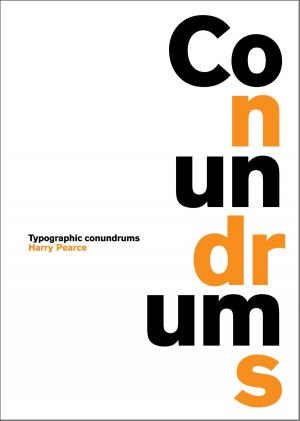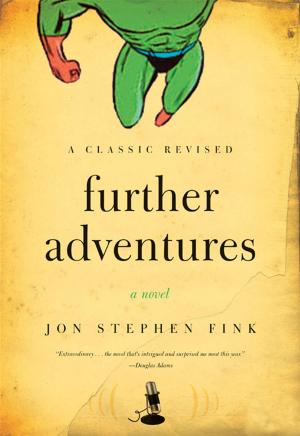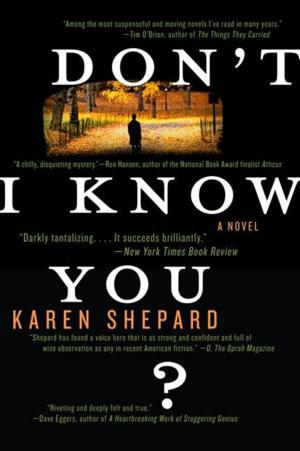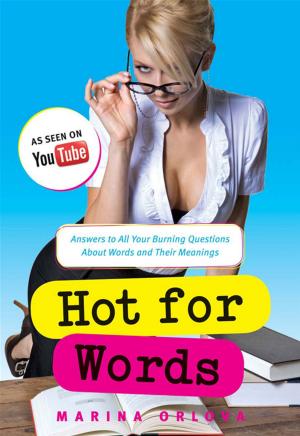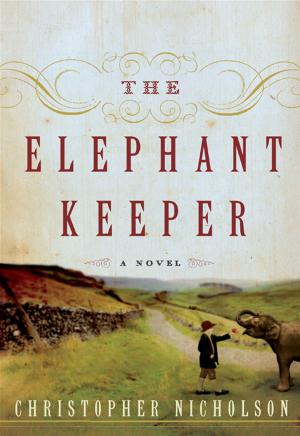Master Mind
The Rise and Fall of Fritz Haber, the Nobel Laureate Who Launched the Age of Chemical Warfare
Nonfiction, History, Military, World War I, Biography & Memoir, Reference, World War II| Author: | Daniel Charles | ISBN: | 9780061871269 |
| Publisher: | HarperCollins e-books | Publication: | October 13, 2009 |
| Imprint: | HarperCollins e-books | Language: | English |
| Author: | Daniel Charles |
| ISBN: | 9780061871269 |
| Publisher: | HarperCollins e-books |
| Publication: | October 13, 2009 |
| Imprint: | HarperCollins e-books |
| Language: | English |
FRITZ HABER -- a Nobel laureate in chemistry, a friend of Albert Einstein, a German Jew and World War I hero -- may be the most important scientist you have never heard of. The Haber-Bosch process, which he invented at the turn of the twentieth century, revolutionized agriculture by converting nitrogen to fertilizer in quantities massive enough to feed the world. The invention has become an essential pillar for life on earth; some two billion people on our planet could not survive without it. Yet this same process supplied the German military with explosives during World War I, and Haber orchestrated Germany's use of an entirely new weapon -- poison gas. Eventually, Haber's efforts led to Zyklon B, the gas later used to kill millions -- including Haber's own relatives -- in Nazi concentration camps.
Haber is the patron saint of guns and butter, a scientist whose discoveries transformed the way we produce food and fight wars. His legacy is filled with contradictions, as was his personality. For some, he was a benefactor of humanity and devoted friend. For others, he was a war criminal, possessed by raw ambition. An intellectual gunslinger, enamored of technical progress and driven by patriotic devotion to Germany, he was instrumental in the scientific work that inadvertently supported the Nazi cause; a Jew and a German patriot, he was at once an enabler of the Nazi regime and its victim.
Master Mind is a thought-provoking biography of this controversial scientist, a modern Faust who personifies the paradox of science, its ability to create and to destroy. It offers a complete chronicle of his tumultuous and ultimately tragic life, from his childhood and rise to prominence in the heady days of the German Empire to his disgrace and exile at the hands of the Nazis; from early decades as the hero who eliminated the threat of starvation to his lingering legacy as a villain whose work led to the demise of millions.
FRITZ HABER -- a Nobel laureate in chemistry, a friend of Albert Einstein, a German Jew and World War I hero -- may be the most important scientist you have never heard of. The Haber-Bosch process, which he invented at the turn of the twentieth century, revolutionized agriculture by converting nitrogen to fertilizer in quantities massive enough to feed the world. The invention has become an essential pillar for life on earth; some two billion people on our planet could not survive without it. Yet this same process supplied the German military with explosives during World War I, and Haber orchestrated Germany's use of an entirely new weapon -- poison gas. Eventually, Haber's efforts led to Zyklon B, the gas later used to kill millions -- including Haber's own relatives -- in Nazi concentration camps.
Haber is the patron saint of guns and butter, a scientist whose discoveries transformed the way we produce food and fight wars. His legacy is filled with contradictions, as was his personality. For some, he was a benefactor of humanity and devoted friend. For others, he was a war criminal, possessed by raw ambition. An intellectual gunslinger, enamored of technical progress and driven by patriotic devotion to Germany, he was instrumental in the scientific work that inadvertently supported the Nazi cause; a Jew and a German patriot, he was at once an enabler of the Nazi regime and its victim.
Master Mind is a thought-provoking biography of this controversial scientist, a modern Faust who personifies the paradox of science, its ability to create and to destroy. It offers a complete chronicle of his tumultuous and ultimately tragic life, from his childhood and rise to prominence in the heady days of the German Empire to his disgrace and exile at the hands of the Nazis; from early decades as the hero who eliminated the threat of starvation to his lingering legacy as a villain whose work led to the demise of millions.
